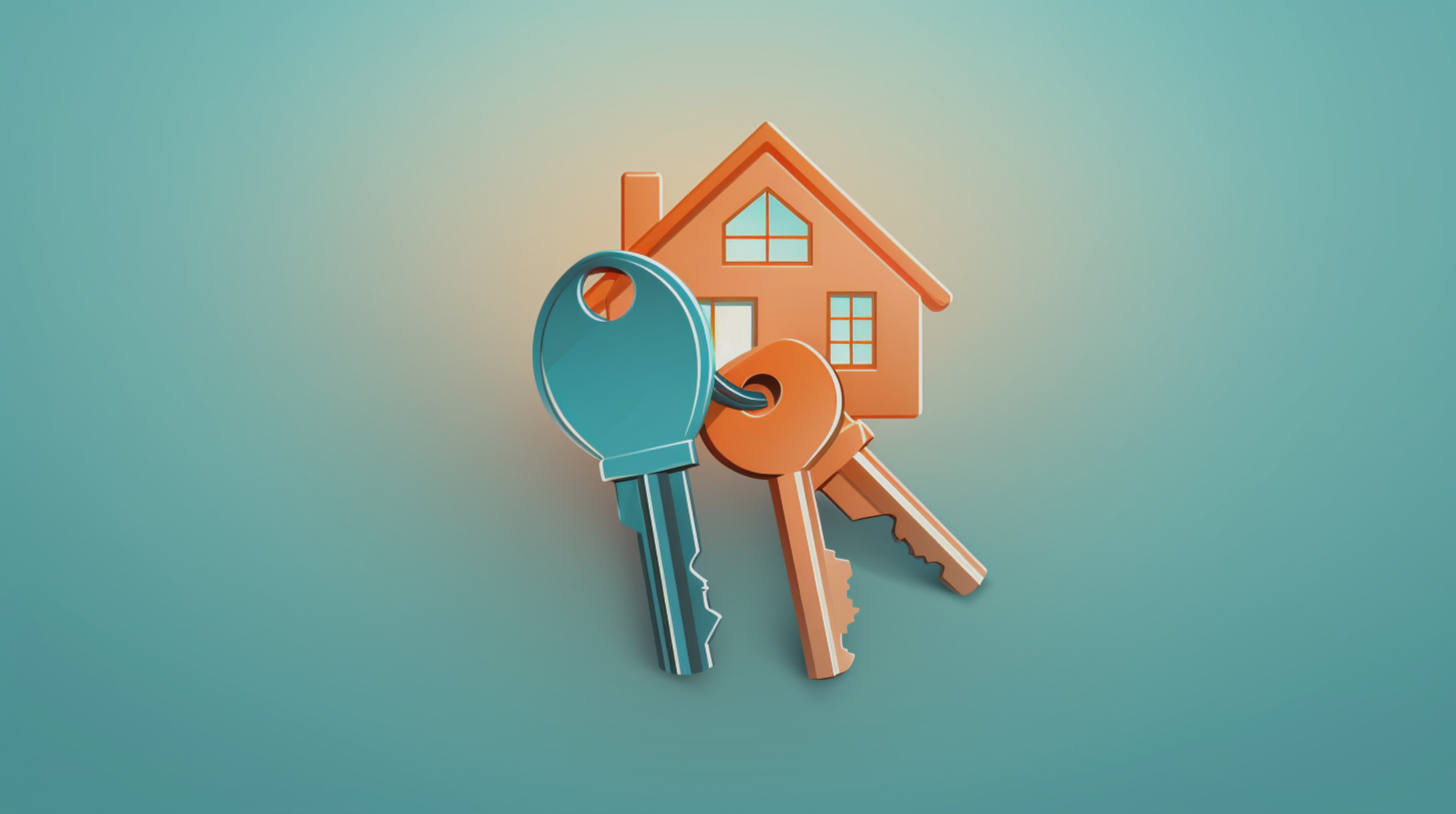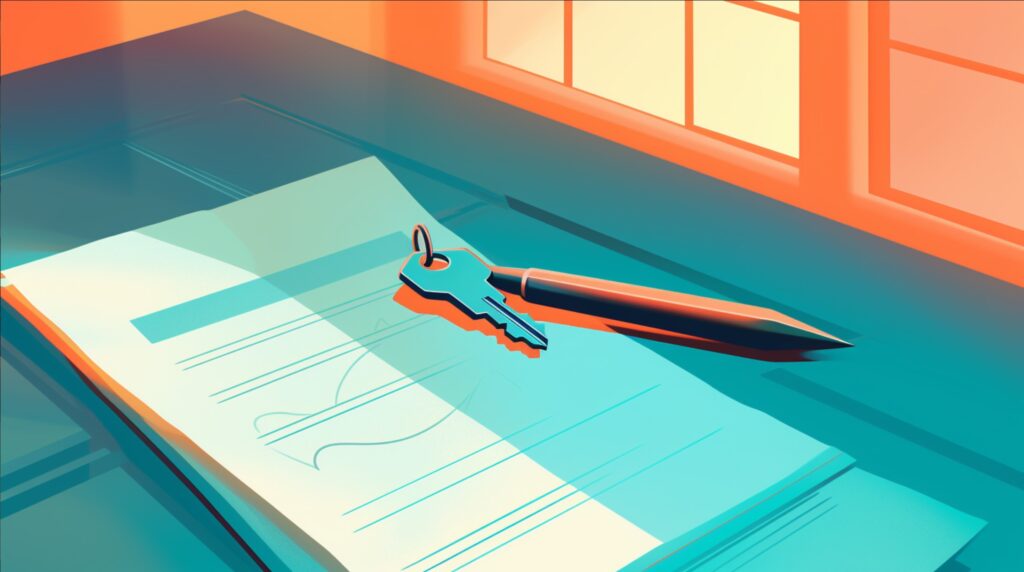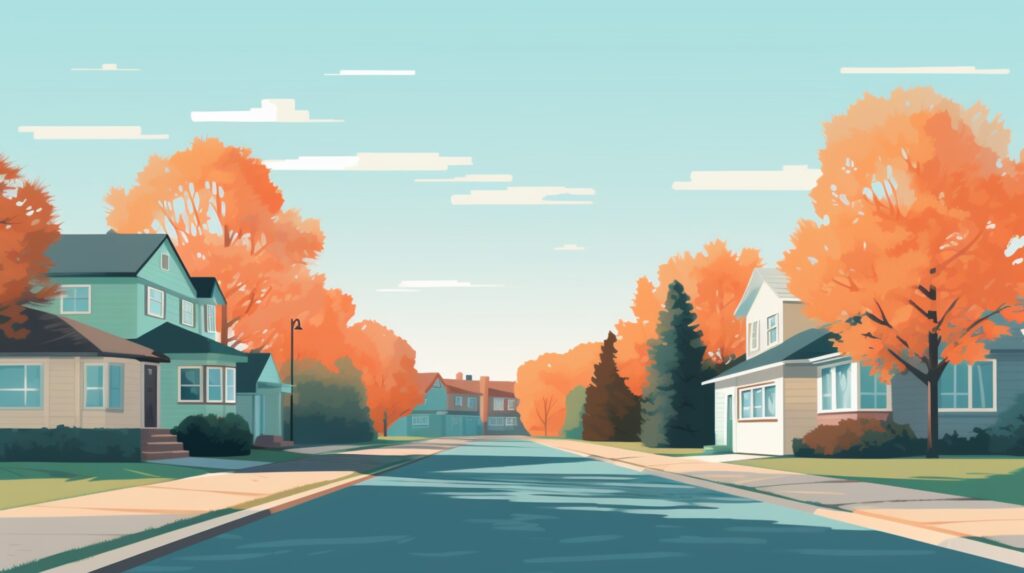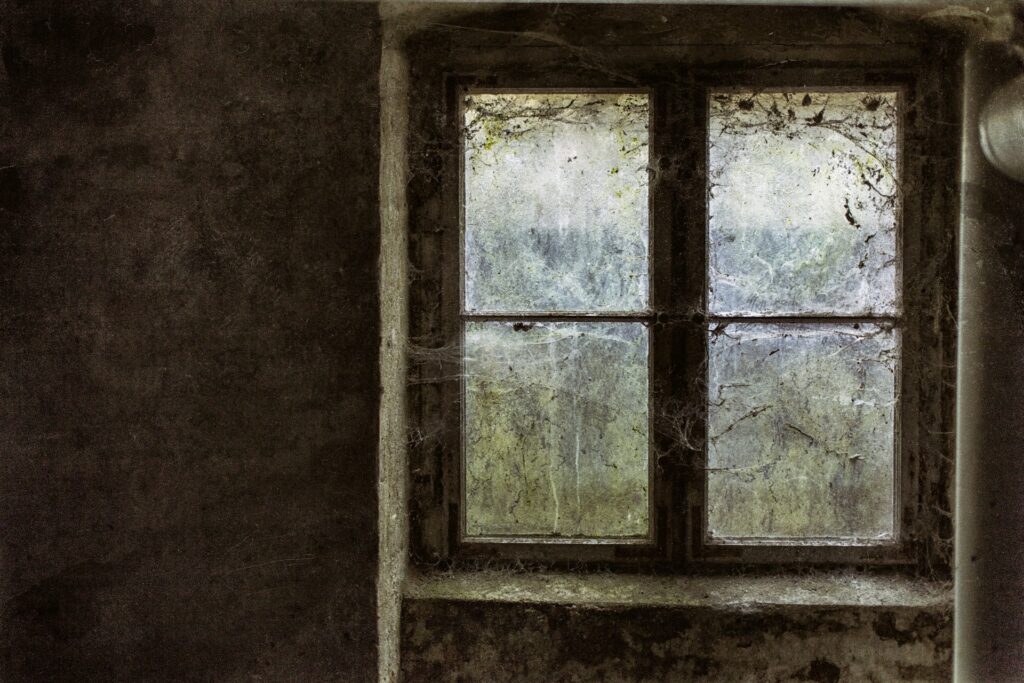
We are reader-supported. When you buy through links on our site, we may earn an affiliate commission.
When it’s time for a new pad, you must consider the relative merits of buying versus renting. Which one serves you and your family’s interests the best? There are many pros and cons to weigh and discussions to hold with your loved ones.
Having a place to call home matters. It’s where you spend most of your time, and your happiness or unhappiness within its walls colors every other aspect of your life. It’s vital to choose wisely. Which is right for you? Here are five frequently overlooked considerations when deciding between buying versus renting.
Typical Considerations for Buying Versus Renting
You’ll have to weigh several major factors when deciding between buying versus renting. Here are some of the most frequently seen considerations people have
- Costs: Be skeptical of advice that says either buying or renting is invariably cheaper — it’s not necessarily true. Every situation is different, and determining whether buying or renting is more costly depends on more than the monthly payment. Homeowners may experience unexpected expenses when things break. However, renters can also face frequent, unpredictable and severe rent hikes when ownership changes hands or corporate ownership needs to show shareholders value.
- Permanency: Many people rent when they aren’t sure they want to reside in one place for a long time or know they’ll want to relocate in a few months to years. It takes much longer to sell a home than break a lease.
- Tax benefits: In general, homeowners get more benefits than renters.
- Repairs and maintenance: As a homeowner, you’re on your own if something breaks. A call to the landlord generally fixes things if you rent, although you must rely on your landlord to hire quality contractors and get the job done.
4 Frequently Overlooked Considerations When Weighing Buying Versus Renting
1. Financial Insecurity
Most financial publications state you’re better off renting if you are financially insecure. But that advice doesn’t necessarily hold in today’s economy.
Given high rent rates, the wrong lease can be a ticket to the poor house more quickly than a bad mortgage. Although foreclosure isn’t great for your credit, it takes longer than an eviction. You might recover excess proceeds that help you find a new place to live. An eviction leaves you with nothing quickly. Having one on your record makes it harder to find a place to rent.
Of course, there’s the reality that it takes money to buy a traditional home — more than many have. You need:
- A high enough credit score: Today’s market means competing with cash investors. Even if your credit technically qualifies you to buy, you could struggle in bidding wars.
- A high enough income: Lenders want your mortgage to cost approximately 28% of your paycheck. Given the average sales price, that means pulling in a tidy salary or hourly wage.
- A low debt-to-income ratio: Even if you pass the first two barriers, you face one more. Your total debt, including your mortgage, should be no more than 36% of your monthly income. Student loan, medical or credit card debt can disqualify you.
What if there’s no feasible way to cross these barriers to buying a traditional home? While the approval process to rent is easier, spending more than 30% of your monthly income on housing is generally unwise. A single emergency can create financial hardship, and ongoing ones like job loss can leave you on the street with an eviction on your record.
Alternatives to Traditional Home Buying
What are your options if your wages don’t cover the cost of living? Here are several options for securing housing for less and saving money:
- Rent a room: Renting a single room in someone else’s home often costs far less than renting a studio. You might have utilities included. The trick is to communicate clear expectations before move-in to avoid conflicts.
- Living mobile: Urban car living is a thing, although it’s not the most comfortable or safest bet. A camper van or RV is a more convenient option. It helps to live in a temperate climate and have secure parking, preferably with hookups. Parks can get pricey, although you can find private individuals who will rent you a spot on their land.
- Going rural: You can still find affordable rural land, although it’s generally undeveloped with no water or sewer. However, if you’re handy and comfortable hauling water — or can save to have a well dug — buying such a plot and building on it could be a reasonable pathway to home ownership.
2. Climate Change
Most people buy a home expecting to live in it for years, even the rest of their lives. However, experts from the Institute for Economics and Peace predict that climate change will displace 1.2 billion people by the year 2050. These migrations won’t all occur in other nations. The United States has already faced increased weather events so severe that some homeowner’s insurance companies won’t issue policies in certain regions.
Renting might be your best bet if you’re concerned about how climate change may impact your region. In the worst-case scenario, you might have to pay for a few months on a property you can’t use. The right renter’s insurance should cover most of the loss. You can start over somewhere else, where someone with a home remains stuck until they rebuild or sell — usually at a loss.
3. RTO
How secure are you that your fully remote position will remain thus? Many companies that went virtual during the pandemic are forcing a return to the office. Some unfortunate souls who purchased a home far from their employment base now find themselves in impossible scenarios. Do they commute for hours or lose their income, their way of paying their mortgage?
Unfortunately, many people in this scenario found their employers unwilling to negotiate. Therefore, it’s probably wise to rent if you WFH unless you’re very sure your boss won’t pull the proverbial rug out from under you.
4. Age
If you’re young, buying versus renting a home is one of the best ways to ensure security in your golden years. Your house payment is often your largest monthly expense. Getting rid of it before you retire makes it possible to survive on social security. Otherwise, you could find your savings devoured by housing costs, leaving you nothing to enjoy.
If you have kids, you may wish to buy a home when you get older if you missed out during your younger years. Doing so gives you something to leave to your children, which can make or break their chances of success in today’s economy. Furthermore, you build equity, which you can use alternatively to finance their education at a lower interest rate.
However, older adults with no kids might do better to lease property while stuffing as much away in savings as possible. Owned real property eventually reverts to the state if they die without heirs. A full kitty is a must to provide options in case of steep rent increases. For example, a 9-month cruise around the globe costs less than half the price of a comparable rental in most places. However, you need to have enough cash stashed away to buy a ticket.
Buying Versus Renting
When debating buying versus renting, you probably have already considered factors like how long you plan to live in one place. However, have you thought about what you would do if hurricane season is too much or your new boss prefers all hands on deck?
There are several overlooked factors to consider when weighing buying versus renting. Only careful soul searching can determine your best living situation — take your time and evaluate every aspect.










